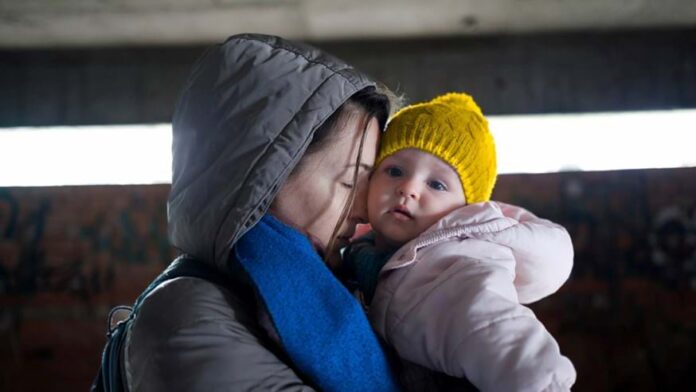Women in the North of England can expect to live fewer years in good health, are more likely to be unable to work due to long-term sickness and disability and are losing out on £158million worth of wages a week compared to other areas of England, according to new analysis.
Health Equity North academics studied the latest available data to see whether there have been improvements in the vast inequalities faced by northern women since the publication of last year’s damning Woman of the North report.
Researchers looked at life expectancy, healthy life expectancy, economic inactivity due to long-term sickness and disability, and average weekly wages. The findings confirm that the outlook remains bleak for women in northern regions and has worsened in some areas.
The new figures come as policy, health, academic, and third sector leaders attend Health Equity North’s Woman of the North Summit, held in partnership with the Northern Health Science Alliance and Leigh Day Solicitors, at Durham University today .
The Summit will see the launch of the ‘Woman of the North Charter’ which has been backed by northern Mayors Kim McGuinness and Tracy Brabin, who are both speaking at the event. The Charter calls on Mayors to use their powers to create fairer opportunities across education, work, welfare and health for women.
The Woman of the North report, published by Health Equity North in September 2024, exposed the growing regional inequalities and the impact this has on northern women’s quality of life, health, work, their families and communities.
The updated analysis found that while there have been small increases in life expectancy in the North, women are now spending more of those years in poor health, and that healthy life expectancy has reduced in some areas in just two years. Data also shows the number of women in the North that are unable to work due to long-term sickness or disability has sharply risen since 2020.
In addition, women in the North continue to be paid much less than the national average and significantly lower than their counterparts in London – meaning women living in the North are losing out on £158m every week, around £8.2bn a year compared to what they would earn if they were paid the national average.
Hannah Davies, Executive Director at Health Equity North, said: “Our new analysis shows that the situation for women in the North of England is worse than we originally thought.
“When we published the Woman of the North report we knew the road to change would be a long one and shifting the dial on inequalities of this scale would not happen overnight. To push for the change that is so desperately needed we need to keep momentum, and we need to work together to ensure the voice of the North is heard by those with the power to change things. That’s why we brought together influential northern leaders with representatives from across the women’s health field at the Woman of the North Summit.
“Our two female Mayors have been instrumental in elevating our report recommendations and rallying support to ensure that the women of the North don’t fall further behind. And by pledging their support to our Woman of the North Charter they have further committed to do what they can to make a real difference to lives of women across our regions.”
Dr Luke Munford, Health Equity North Academic Co-Director and Senior Lecturer in Health Economics at The University of Manchester, said:
“Women continue to be impacted by regional inequalities, and our latest research shows that there is no indication of these inequalities narrowing; in fact, we’re seeing the opposite – the inequalities are getting bigger. Rising long-term illness and disability, coupled with lower wages and other detrimental factors, have seen women trapped in a cycle that can only be broken by implementing ambitious and long-term targeted policies and support.
“It is clear that urgent action is required to address the worrying economic outcomes for northern women, which can not only impact their quality of life and health outcomes but also those of their children. These factors will continue to grow and exacerbate regional inequalities if they’re not tackled as a priority. We will continue to push our report recommendations and call on leaders take the opportunity to implement these so we can collectively work towards a fairer future for women and girls.”







